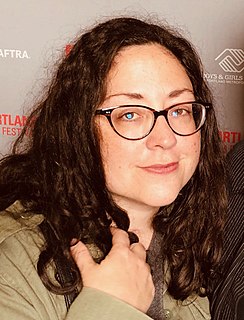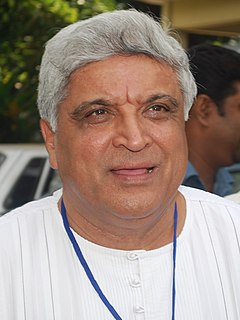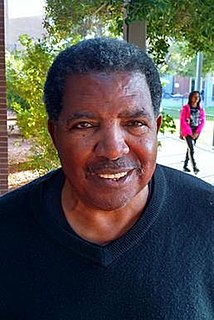A Quote by Janet Fitch
Your protagonist is your reader’s portal into the story. The more observant he or she can be, the more vivid will be the world you’re creating. They don’t have to be super-educated, they just have to be mentally active. Keep them looking, thinking, wondering, remembering.
Related Quotes
The writer is both a sadist and a masochist. We create people we love, and then we torture them. The more we love them, and the more cleverly we torture them along the lines of their greatest vulnerability and fear, the better the story. Sometimes we try to protect them from getting booboos that are too big. Don’t. This is your protagonist, not your kid.
First person allows deeper insight into the protagonist's character. It allows the reader to identify more fully with the protagonist and to share her world quite intimately. So it suits a story focused on one character's personal journey. However, first person shuts out insights into other characters.
A conventional ‘success’ story is one where, with each next, the protagonist has more money, more respect, and more possessions. I’d like to suggest an alternative ‘success’ story – one where, with each next, the protagonist is closer to finding that spot where he’s no longer held back by his heart, and he explodes with talent, and his character blossoms, and the gift he has to offer the world is apparent.
You beg for happiness in life, but security is more important to you, even if it costs you your spine or your life. Your life will be good and secure when aliveness will mean more to you than security; love more than money; your freedom more than party line or public opinion; when your thinking will be in harmony with your feelings; when the teachers of your children will be better paid than the politicians; when you will have more respect for the love between man and woman than for a marriage license.
One of the problems with industrialism is that it's based on the premise of more and more. It has to keep expanding to keep going. More and more television sets. More and more cars. More and more steel, and more and more pollution. We don't question whether we need any more or what we'll do with them. We just have to keep on making more and more if we are to keep going. Sooner or later it's going to collapse. ... Look what we have done already with the principle of more and more when it comes to nuclear weapons.
The story, I like to say and remember, is always smarter than you—there will be patterns of theme, image, and idea that are much savvier and more complex than what you could come up with on your own. Find them with your marking pens as they emerge in your drafts. Become a student of your work in progress. Look for what your material is telling you about your material. Every aspect of a story has its own story.

































